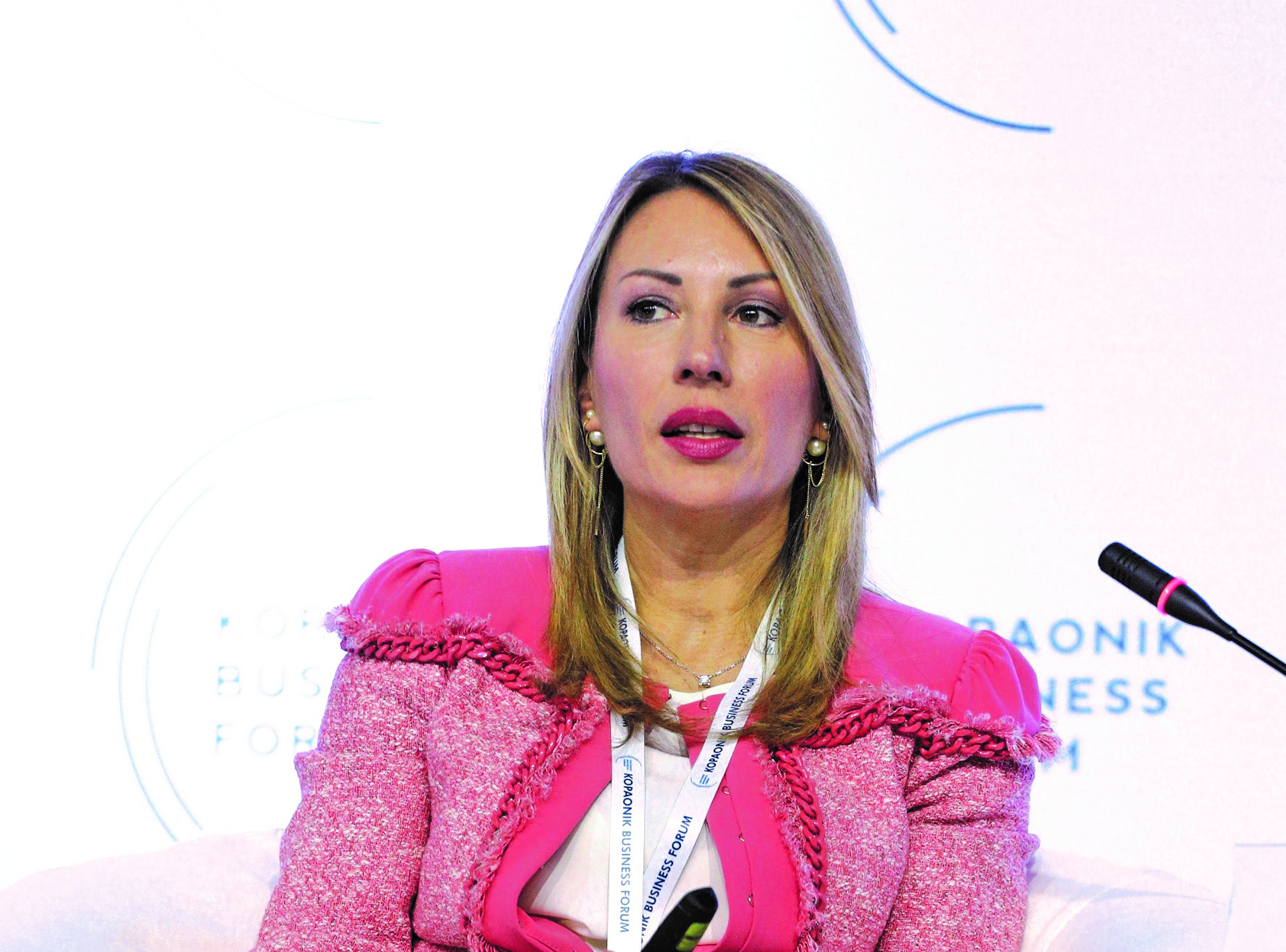We are in contact with all our partners, both in Serbia and in the region, to define how we can best help remedy the effects of this crisis as quickly and efficiently as possible.

Despite the state of emergency and the epidemic because of which we are self-isolating, we will continue to share stories and news about developments in the political, diplomatic, economic and cultural scene in Serbia and the region. We will interview and record the statements from selected persons from the world of economics and diplomacy, as well as public figures.
To that end, we spoke with Dubravka Negre, Head of EIB Regional Representation for the Western Balkans, about EIB’s activities during the pandemic, the state of emergency, her private activities and things she will do first after the state of emergency is cancelled.
How did you organize business activities in Belgrade office?
We have organized ourselves quite effectively. We have started working remotely really fast and have all the necessary web platforms. We are also communicating regularly with the European Investment Bank headquarters in Luxembourg, as well as with all our partners, both in Serbia and in the region, to determine how we can best help remedy the effects of this crisis as quickly and efficiently as possible.
The EIB is known for helping small and medium-sized enterprises for more than a decade in Serbia. So far, we have invested over € 1.8 billion in the real economy sector which led to the creation of more than 320,000 new jobs in Serbia. Our aim is to continue to do so and to help overcome the crisis, especially in the case of those who are most affected, and that is precisely the SME sector.
Of course, we are very active in the health care sector too. The EIB has provided over € 200 million in investments in the health care system in Serbia, including some 20 hospitals throughout Serbia, as well as the Torlak Institute, which holds special significance at the moment. There is also the Clinical Centre in Niš, which has been modernized thanks to joint efforts of the EIB and the Government of the Republic of Serbia. We are pleased to see that today the Niš Clinical Centre is a large modern hospital, which can help to provide the required recovery measures at these critical moments.
How are you spending your private time during the pandemic?
My private and business responsibilities have now merged because we are all focused on each other both professionally and family-wise. I help my children with school curriculum while schools are out. I think we are now aware of how important and needed is digitization and all these IT platforms, both for the education system and in other spheres of life. The EIB is also active in this segment too. We have been planning to implement a school digitization project for quite some time, which should start very soon. I think we have realized how much we need each other, and how much we need to be connected, both family- and work-wise. Something good will surely come as a lesson from this crisis. If nothing else, it will bring us closer together and we will also learn to function remotely, which I am sure will be useful in some other situations in the future.
What will you do first after the state of emergency is cancelled?
I will return to the work obligations I had to put off because of this whole situation. One is a major conference on ecology and sustainable development. I think it is important that we continue talking about the topics that are vital to the development, both in this region and of course, throughout Europe. The European Investment Bank is the first financial institution in the world to adopt a radical policy regarding stopping the funding all fossil fuel projects from 2021 and to align all its activities with the Paris Climate Agreement. I think those topics will come into focus again, but from a new perspective and that is sustainable development and helping to eliminate the consequences of this crisis that we have to look at from an integrated point of view, which is something that we will surely focus on. I am referring to the assistance and revitalization of the economy in Serbia and this region.